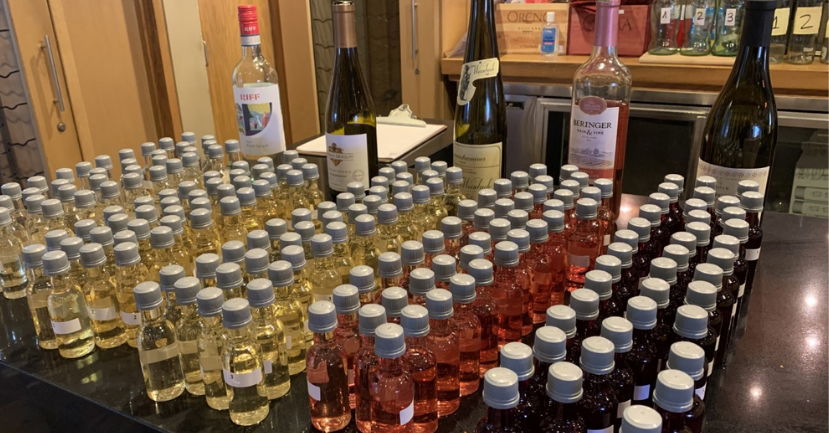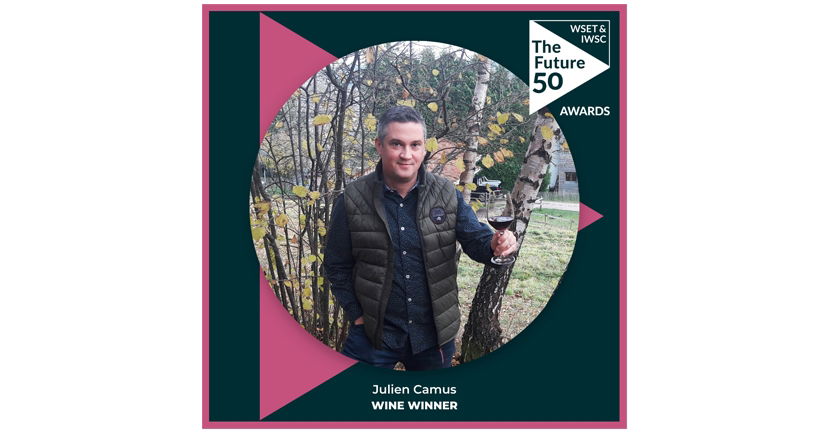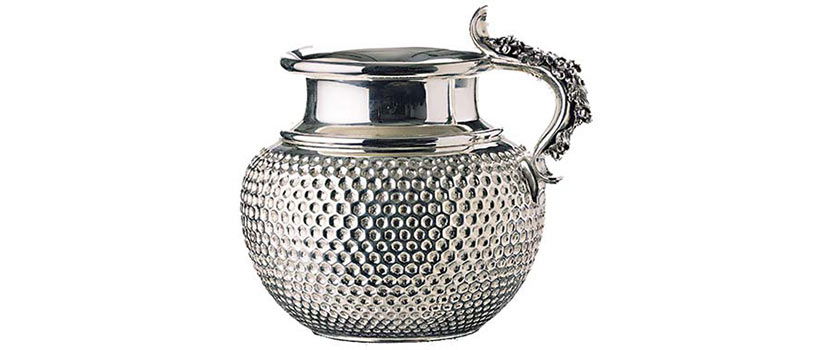BLOG
Resilience & Creativity: A Tribute to How WSG Providers Navigated the Pandemic
Kevin Day Wine Culture

In many ways, wine education relies on face-to-face contact between educators and students. After all, wine is a drink to be shared and which — for centuries — has stimulated conversation among those partaking. So last March, when it became apparent that the global spread of COVID-19 was about to alter the nature of “face-to-face” contact across every aspect of our lives, many wine educators were faced with a daunting prospect: how to carry on with classes.
“Many of us thought that perhaps we would not survive,” recalled Paul Miles, DipWSET, Executive Director of the Independent Wine Education Guild in Toronto, Ontario, recalling the day Ontario’s government ordered non-essential businesses closed. “After all, what had made the Independent Wine Education Guild ‘famous’ since 1977 — and what our reputation was built on — was the excellence in delivery of ‘face-to-face’ classes.”
Paul was not alone in his preliminary fears. Many providers have told us that the transition to virtual was initially quite daunting. But as the pandemic dragged on into a second month, a second season, and now, a second year, providers have found that their adaptations to the new world have made them better educators.
“I had never had any interest in offering online classes,” said Mimi Martin, DipWSET, CWE of the Wine & Spirit Archive in Portland, Oregon. “Imagine my surprise when it became the one thing that our instructors and students were enjoying about their changed COVID lives.”
Perhaps Monica Marin (DipWSET, SWS, FWS, IWS) of the Wine House in Los Angeles, California put it best: “If something has been learned through this pandemic, is it that with adaptability and resourcefulness, we can survive it all.”
In lieu of WSG Program Provider Awards this year, we wanted to provide a tribute to the resiliency and creativity of Wine Scholar Guild Program Providers by allowing them to showcase their story here. Below are just some of the ways that providers adapted to the challenges of COVID-19.
Not Losing Momentum
The initial shock of the pandemic’s implications on everyday life set many educators into a scramble. For the Texas Wine School, they were eager not to lose too much momentum with their students at the onset, said Walden Pemantle, the school’s manager.
“In the beginning, we created a series of ‘mini courses’ that focused on deep dives into smaller villages than any of our in-person classes covered. We started with Saumur in the Loire and Roero in the Piedmont and eventually added the Eola-Amity Hills and Barossa Valley as well.”
These mini-classes allowed them to stay connected with students while making plans for long-term continuation of their wine education programs.
For Nicole Ramos, Student Coordinator and Wine Educator at the Florida Wine Academy, the start of COVID-19 also aligned with a milestone at the school. “Our very first ever Spanish Wine Scholar course was scheduled to begin in March 2020,” she told us. “We initially pushed back the start date, hoping this pandemic would quickly pass. Of course we know now how naive that was!”
To adapt, students were allowed to come in for the tasting portion, but to do all of it in a single day. “We had a small enough group that we could space everyone more than 6 feet apart, with partitions between each table. We reviewed and tasted for nearly four hours, and after all of that the students stayed and took their exam.”
Incredibly, they had a 100% pass rate for that exam.
Continuity was also key for the West London Wine School, which was able to offer its first online tasting on April 1, 2020, just eight days after their lockdown started.
“Within weeks of the first lockdown, we began to run the professional WSET Level 1 to 3 courses and the three Wine Scholar Guild courses reaching in excess of 500 students at the time of writing,” said Terri Wade, Chief Marketer of the West London Wine School. She also notes that the virtual format even has certain advantages over in-person learning. “Students have loved this format … if they can’t make it on one session, they can catch up in the week using the recording link we send them. It’s also a great way to revise — rather than looking up notes, students can go back to a specific recording.”



Taking Wine Outdoors
When the pandemic hit California in March 2020, Los Angeles’ The Wine House was in the middle of the French Wine Scholar curriculum for 25 students. “We had to totally close down for 3 months as we did not know how to handle the situation,” recalls Director of Education, Monica Marin.
Fortunately, they could rely on a large parking lot and Southern California’s mild climate to offer a completion of the course — as well as future courses — outside in a tent.
“Our in-person exams have taken place outdoors and have been socially distanced. Our students have felt very safe ever since we took all these measures,” she said, adding that credit goes to the students, who have been “phenomenally flexible.”
Overcoming the Challenge of Samples
One of the biggest obstacles proved to be the wine itself: getting samples to remote students occupied many educators’ time. For the Texas Wine School, their solution lay in going small.
“We began rebottling wines into 2 and 4 fluid ounce vials to allow people to Zoom in to classes from home,” Walden Pemantle said. “The format worked well enough to run a full Italian Wine Scholar Unit 2 course, and we are still using it as an option for Wine Scholar Guild courses.”
The West London Wine School also shifted to tasting kits for its students, which proved to be an essential adaptation for providing a consistent tasting experience from student to student. “These have proved to be incredibly popular as it means students do not need to open full bottles and the cost is reduced for them,” noted Terri Wade, adding that they also easily supported their virtual corporate tastings, too.



Banding Together
For Paul Miles of Toronto’s Independent Wine Education Guild, their perseverance through the year comes down to the quality of his educators, who relished the chance to teach under a “blended delivery model” whereby theory content was handled on Zoom, and tasting workshops were deferred to in-person, socially distanced sessions once public health guidelines allowed.
“It was our Wine Scholar Guild instructors who ‘led the charge’ on the blended delivery model,” he remarked. He cites the importance of having instructors that have gone through teacher training, who are well versed in teaching challenging subjects, and who can be tech savvy enough to translate all of this material onto a platform such as Zoom.
Mimi Martin of Portland, Oregon’s Wine & Spirit Archive discovered that the year’s challenges brought about an unexpected camaraderie among her students. She delighted in seeing “new friendships formed” among her students, who were now from around the United States.
To commemorate everyone’s willingness to make the shift online and take a risk on a wine class, they decided to commemorate the occasion with a T-shirt. “They say: bibamus, sociemus, discamus, valeamus,” she told us. “It sounds more beautiful in Latin, but roughly, it translates to: ‘let us drink, let us connect, let us learn, let us thrive/survive.’”
Start Your Journey
Since the Wine Scholar Guild launched its first online program in 2008, a lot has changed, both in terms of technology and the nature of the global wine community. Of course, we never envisioned the challenges of 2020, but that extensive track record of developing the latest e-learning tools certainly made these last 12 months run smoother. We are pleased to have been able to help our partner schools facilitate and integrate distance learning on the fly throughout these challenging times.
We want to thank not only the providers who submitted their tales of adaptation, but all of our school partners, who have embraced the challenge of this year to continue to serve their students and the great wine community at large. You can connect with one of our many global providers by visiting our Where to Study page.



